The challenge
Like any other sector, the fashion industry is not impervious to the threats presented by the world’s uncertain future, including climate change, resource scarcity, vulnerable economic conditions, changing consumer behaviour and so on. The challenge to the fashion industry then is in understanding these threats and taking appropriate action to safeguard its future, protect the environment and improve the lives of its customers, workers and suppliers around the world.
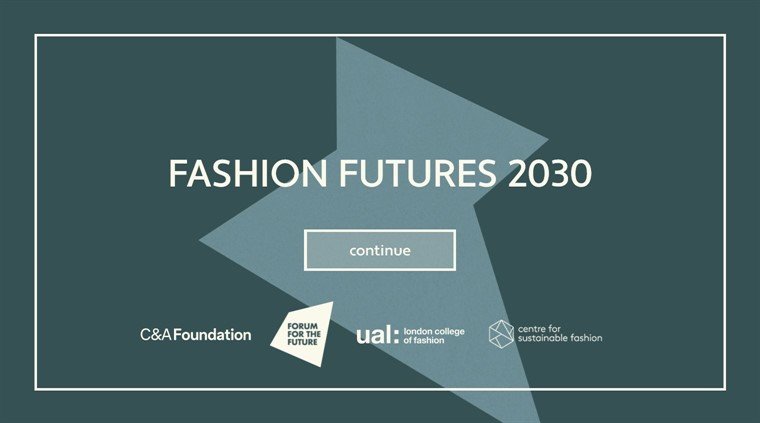
What we did?
Using futures thinking techniques and with the support of Levi Strauss & Co, we created four vivid scenarios exploring how climate change, resource shortages, population growth and other factors will shape the world of 2025 and the future of the fashion industry within it. They explore every aspect of the industry, from production of raw materials, through manufacturing and sale, to use and end of life.
Each scenario was designed as a tool to challenge companies’ strategies, inspire them with new opportunities and help them plan for the future, as well as a way to help students understand the challenges of the future and come up with ideas for sustainable products and services. We’ve brought each of the four scenarios to life in these four animations.
Our joint report, Fashion Futures 2025: global scenarios for a sustainable fashion industry, describes how fashion companies can be successful by becoming sustainable, and draws on Forum’s expertise in futures thinking and a series of in-depth interviews and peer reviews with fashion experts from around the world – in academia, trade unions, NGOs, manufacturing, design and retail. It outlines five lessons for the fashion industry and also includes practical ways that companies from all parts of the industry, as well as universities and colleges, can use the scenarios.
Impact
In 2009, we piloted a Fashion Futures module with students from the London College of Fashion’s MA Fashion and the Environment. Since then it has been used by more than 300 fashion colleges around the world, from Germany to China to North America.
Fashion Futures scenarios also provided the framework on which we built Cotton 2040, a global coalition addressing sustainability in the cotton industry. As part of that project we also developed a vision for the future of a sustainable cotton industry which has since sparked workstreams within multinational fashion brands.
Fashion Futures 2030
In May 2019, Forum for the Future and Centre for Sustainable Fashion (CSF) at London College of Fashion, UAL with the support of C&A Foundation, launched Fashion Futures 2030 at the 10th Annual Copenhagen Fashion Summit, to guide and inspire the fashion industry in its critical sustainability journey and help companies and educators navigate an uncertain future. Find out more.
Get in touch
Planning on running a workshop session at your company or college? Then please get in touch as we would love to help out. Similarly, if you would like us to speak at an event or just want to know more about the project, please don’t hesitate to get in contact.
Learn more about our work in Fashion supply chains:
Cotton 2040 Project
Fashion Futures 2030
Circular Leap Asia
Read next:
- A case study on applying futures and systems expertise to understand the future sources of vulnerability for children and adolescents in South Asia and how they might address them – South Asia Futures: case study
- Using live research functionality to drive a futures exploration into how a regenerative energy system could work – Live Research case study – Living Grid in partnership with SmartestEnergy
- The full series of stories of change case studies

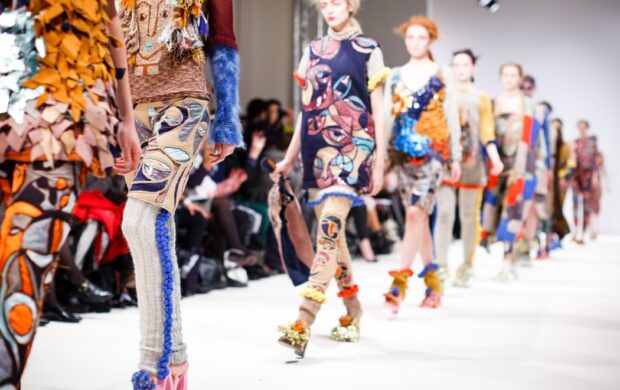
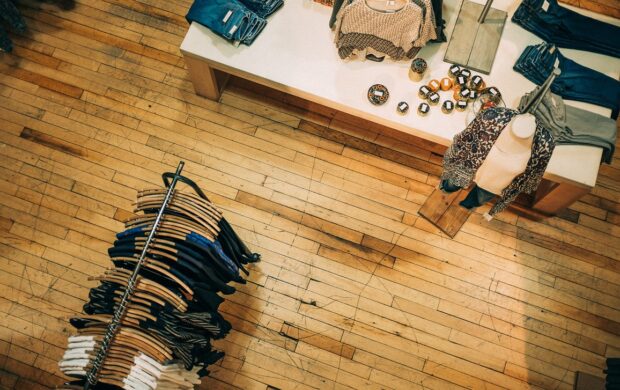

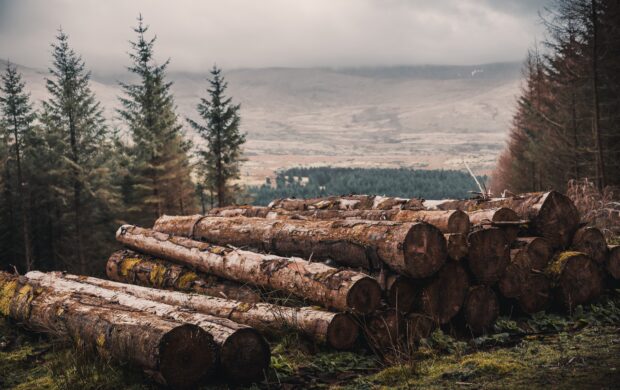
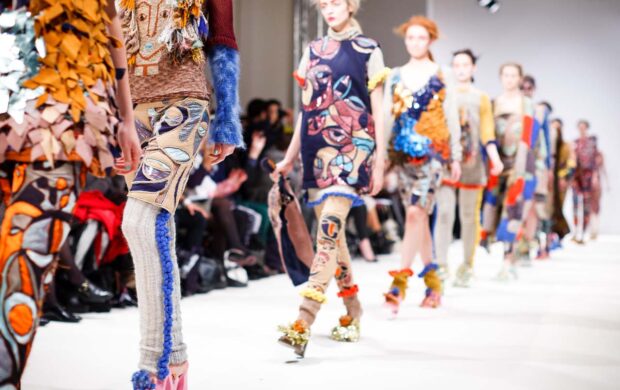
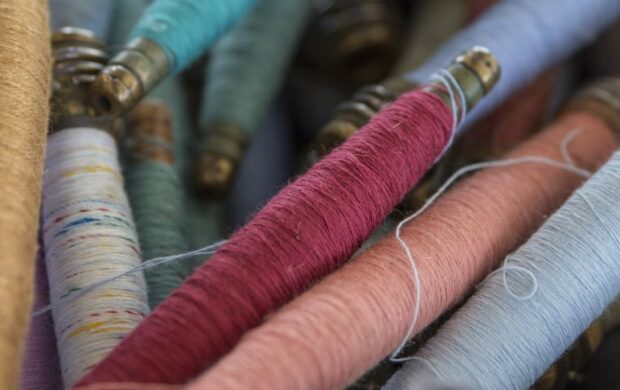

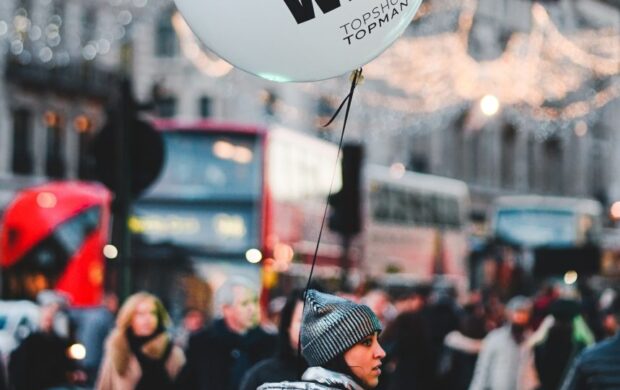



Join discussion